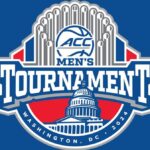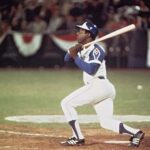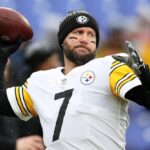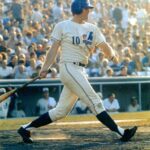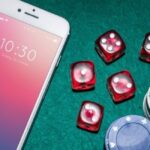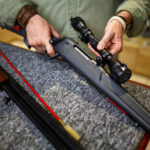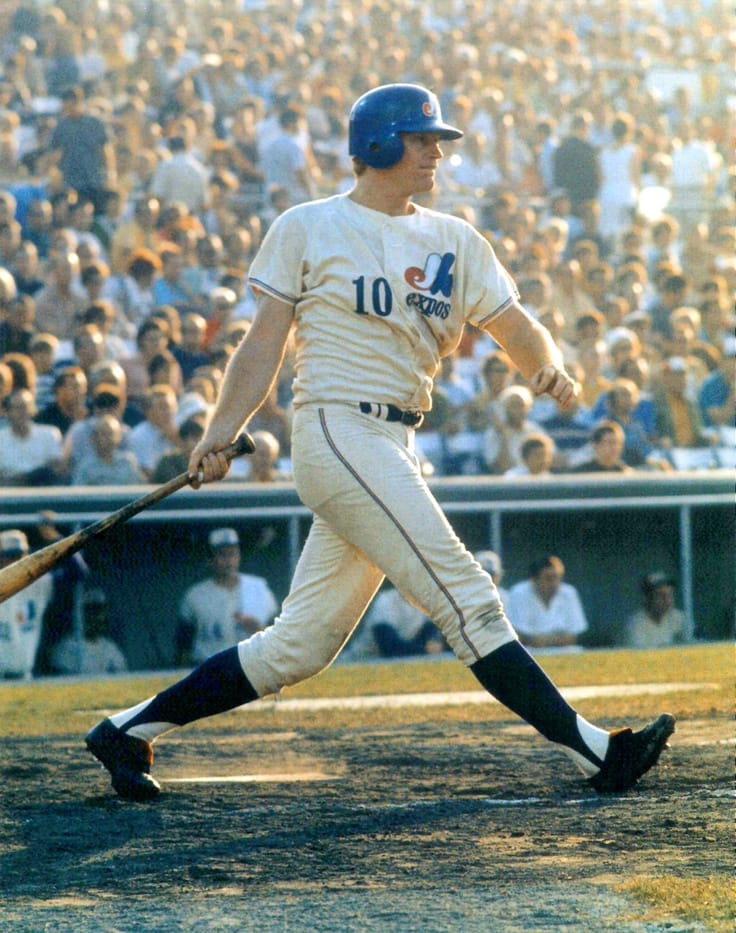Pillars of Roger’s Career: mixing it up with Andre Agassi, Miami 2002
This is part of a series of articles that outline the stand-out matches of Roger Federer’s career. The impetus of this series was a discussion of the Greatest Matches of the Decade – in which Roger was not mentioned very often. We thought that perhaps it was time to review some of the stand-outs.
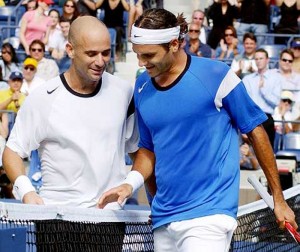
Andre Agassi and Roger Federer met on the court several times as Federer rose to the top and Agassi headed toward retirement.
So much has been made of Andre Agassi and his remarks during the recent ‘Hit for Haiti’ in the 2010 Indian Wells benefit.
I found the Hit for Haiti fascinating, bringing together living legends of the sport of differing generations. To offset our memory of the raucous Hit for Haiti, I thought it was time to study a match intended for our review of Roger’s career, the Miami final from 2002.
After losing to Roger in Miami in the semi-finals, Lleyton Hewitt predicted that 2002 might be a break-out year for Roger, just as 2001 was a break-out year for Lleyton. Roger Federer was 20 years old.
Coming into 2002, Andre Agassi was the defending champion of the Australian Open (he didn’t successfully defend in 2002, but got to the semis). He’d beaten rival Pete Sampras in the previous year’s IW final (one of their classic matches, in which Andre clearly put his retrieving skills to great advantage and over-matched Pete on serve). At 32, Andre was near the top of his game (He would win his final major in 2003 at the AO.) In 2002, Andre was well into his second career, ranked in the top 5 consistently for 3 straight years going into this match. He moved well, fast enough on the court to easily retrieve drop shots.
In terms of his (up to that point spare) head-to-head match-ups with Roger, Andre had won both of their previous meetings in straight sets.
Ironically in this match, it was Roger’s retrieving skills, and Andre’s serving skills that characterized the play in the first set. Roger was not able to break Andre, seemed to be in a ‘tuck’ position. So much so that Andre was able to break early, and with a lovely passing shot, Andre would win the first set.
How much does Agassi resemble Rafael Nadal at this stage? While not as explosively athletic as Rafa, Andre pulled of an astonishing number of ‘circus’ shots in this match, in particular, Andre had an easy way with the overhead backhand smash.
Roger on the other hand, so well known in later years for his effortless footwork, moves that cause him to seemingly glide from shot to shot, was neither effortless, nor perfectly timed in this match. He mistimed shot after shot through the early part of the match, well into the second set.
By the third set, Andre seemed to have gone on ‘walkabout’, perhaps loosing concentration because the match seemed well under control. Once he got a break, Roger pulled together some aces, and hit quite a few winners to take the third set, 6-3. Roger lost only three points on his serve in this set.
That seemed to bring back Andre’s concentration. Andre quickly broke early in the fourth set, and the match became competitive. Roger started to look like the Roger we have come to know, and Andre was as good as he ever was.
Mid-way through the 4th set, game after game, Andre began to wear that ‘worried’ look that he sometimes did when concentrating hard. Andre began to exhibit full-fledged retrieving skills, as the Federer one-handed backhand came out to play, and the forehand went to work. Like Rafa, Andre was grunting with effort in this stage of the match running around at the baseline, keeping the ball in play with extended rallys.
At break point, after an extended rally in which forehands and brilliant backhands on both sides, Andre hit the ball into the net to return the game to deuce. The only person who stood up to applaud was Peter Lundgren! Roger’s coach at the time. The rest of the audience groaned, such was Andre’s level of support with the audience.
Yet another exhilarating game followed, and a few deuce games were fought over.
Andre finally got the break with an overhead smash, and the crowd erupted in applause.
Roger tried to come back, serving to stay in the match, but grunting loudly with every stroke, Andre hustled around the court. In the face of Andre’s persistent presence on the court, Roger mis-hit and double-faulted his way to match point.
With this win, Andre, at 32, could count a record 5th tournament win in Miami, and 700th career win, becoming the oldest champion of the Sony-Ericsson tourney, as well as the youngest winner, having first won the tourney at age 19.
Nonetheless, this was a match were the commentators mentioned time and time again how much potential the youngster from Switzerland possessed. Boris Becker, in the stands for the match was interviewed and commented that this fellow, Roger, seemed possessed of elegant shot-making capability as well as consistency and intelligence; that Roger was someone who seemed to have it all.
Lleyton predicted 2002 would be a break-out year for Roger, and it proved to be so, as we’ll discuss with the next performance in our series.
For more articles marking the Pillars of Roger’s career, see this URL:
Also listed here:
- Federer/Hewitt vs Rafter/Bjorkman – 1999 Wimbledon
- Roger vs Pete – 2000 Wimbledon
- Rafter vs Federer – 2001 Halle
- Agassi vs Federer – 2002 Miami Harbinger of things to Come
- Kuerten vs Federer – 2003 Indian Wells
- Hewitt vs Federer Davis Cup – 2003
- Nadal vs Federer – 2004 Miami the start of something great
- Federer vs Agassi – 2004 USO
- Federer vs Roddick 2004 WTF where Federer saves 3 match points.
- Roger Federer vs Marat Safin – Tennis Masters Cup 2004. Perhaps some of Roger’s best tennis.
- Safin vs Federer – AO 2005. A balletic master vs an American football team’s front line
- Roger Federer vs Juan Carlos Ferrero – Dubai 2005
- Roger vs Rafa – Miami 2005
- Federer vs Santoro – New York 2005.
- Rafa vs Roger – Rome 2006
- Roger vs Rafa – Wimbledon 2007
- Roger Federer vs Andy Roddick: New York 2007
- Roger Federer vs Janko Tipsarevic: Melbourne 2008 Roger pushed to the limit!
- Roger Federer vs Murray 2008 USO
- Murray vs Federer 2008 WTF Federer shows fortitude, though he lost.
- Federer vs Del Potro – AO 2009 Roger demolishes Del Potro
- Federer vs Roddick – Wimbledon 2009 Roger’s Historic 15th title vs resilient Roddick
- Federer vs Murray 2010 AO – more of Roger’s sublime tennis against a stellar opponent
